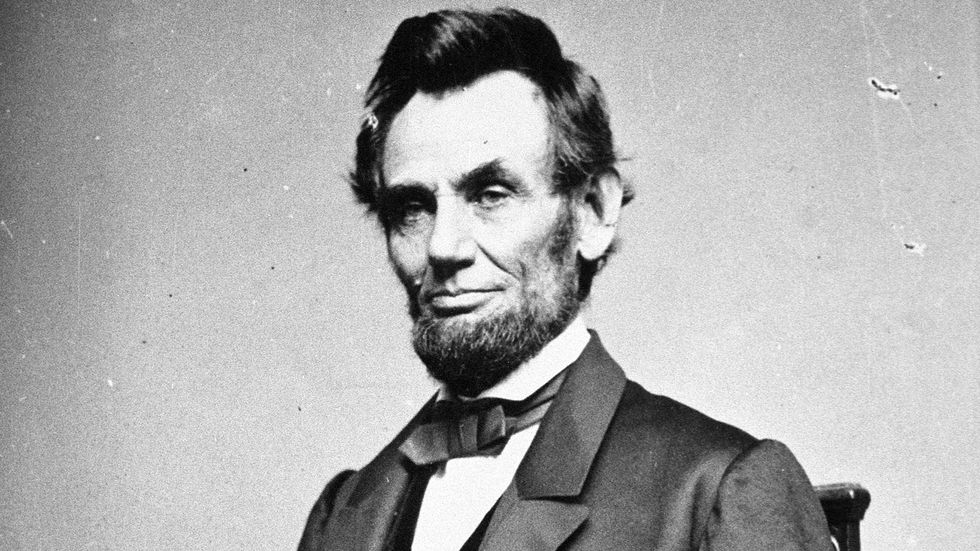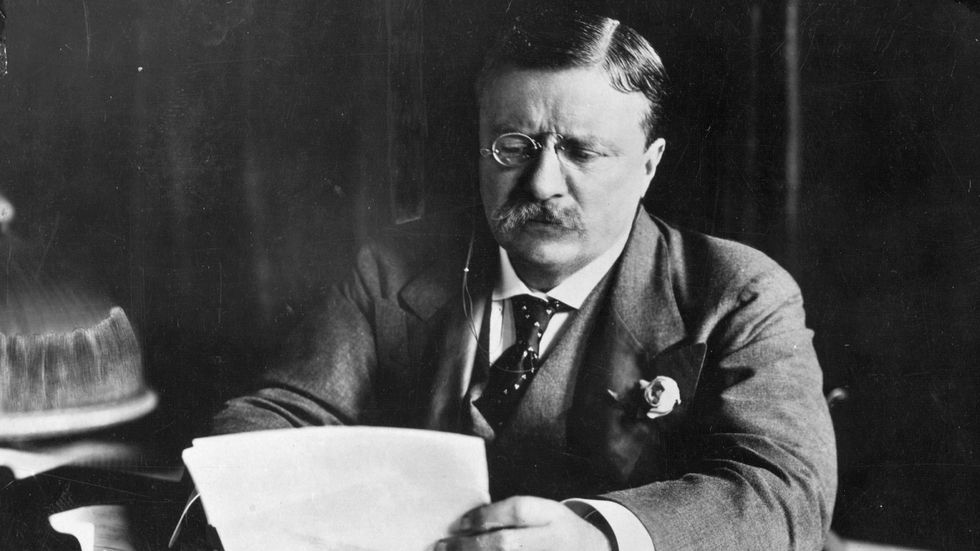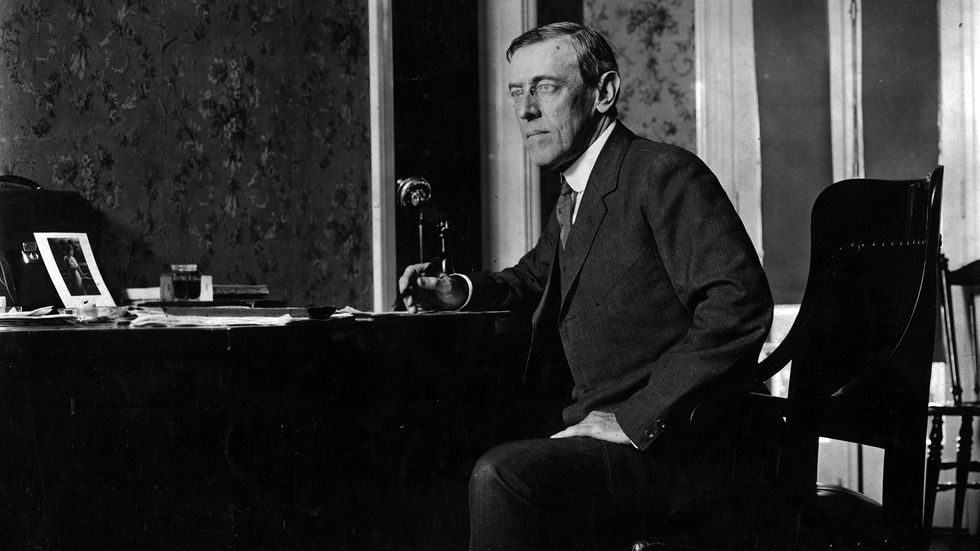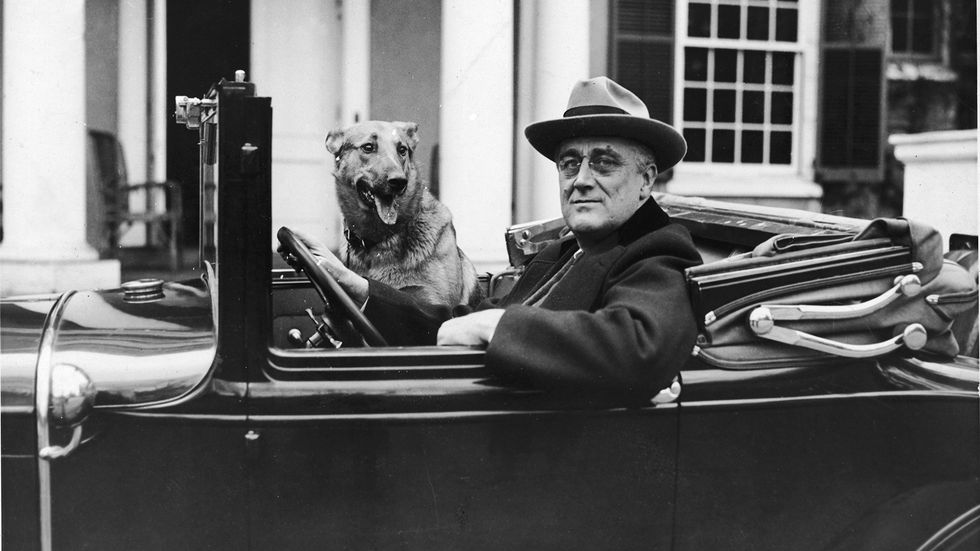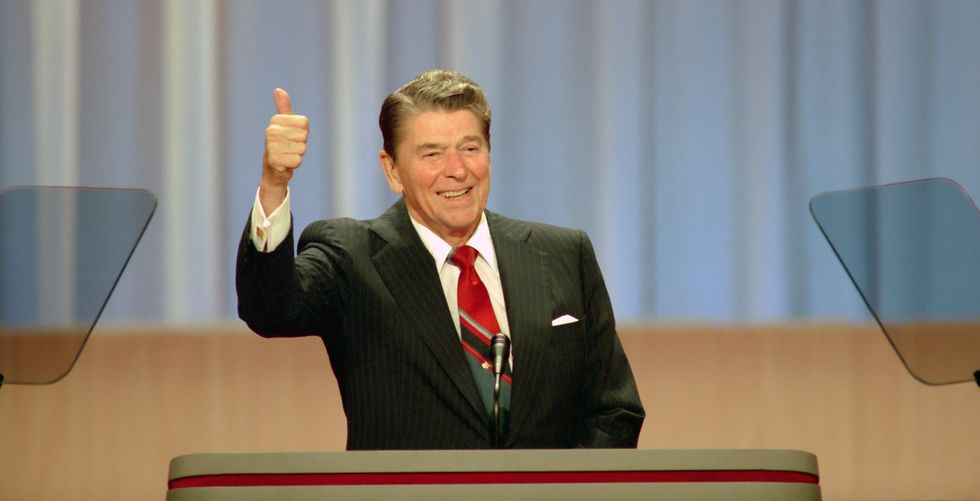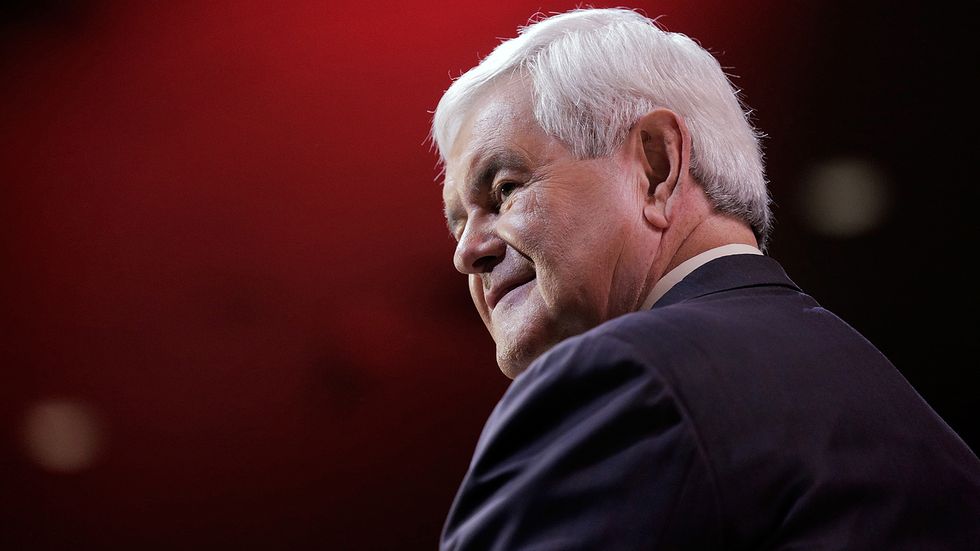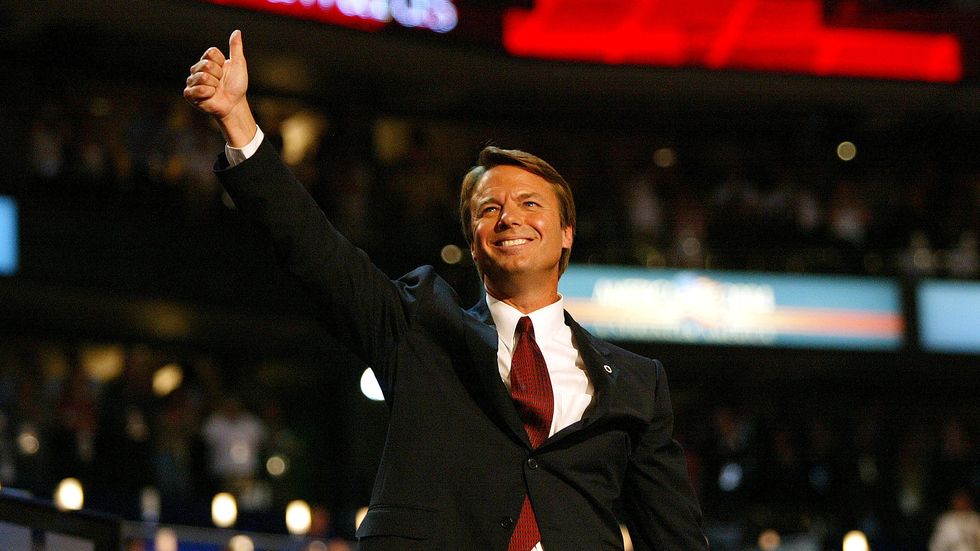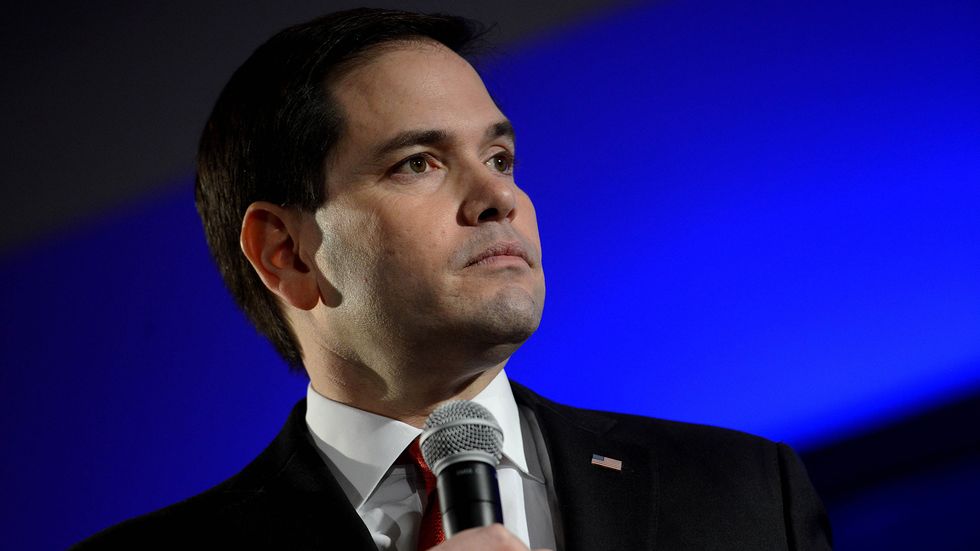You are viewing the article Politicians Who Made Their Mark During Midterm Elections at Thptlaihoa.edu.vn you can quickly access the necessary information in the table of contents of the article below.
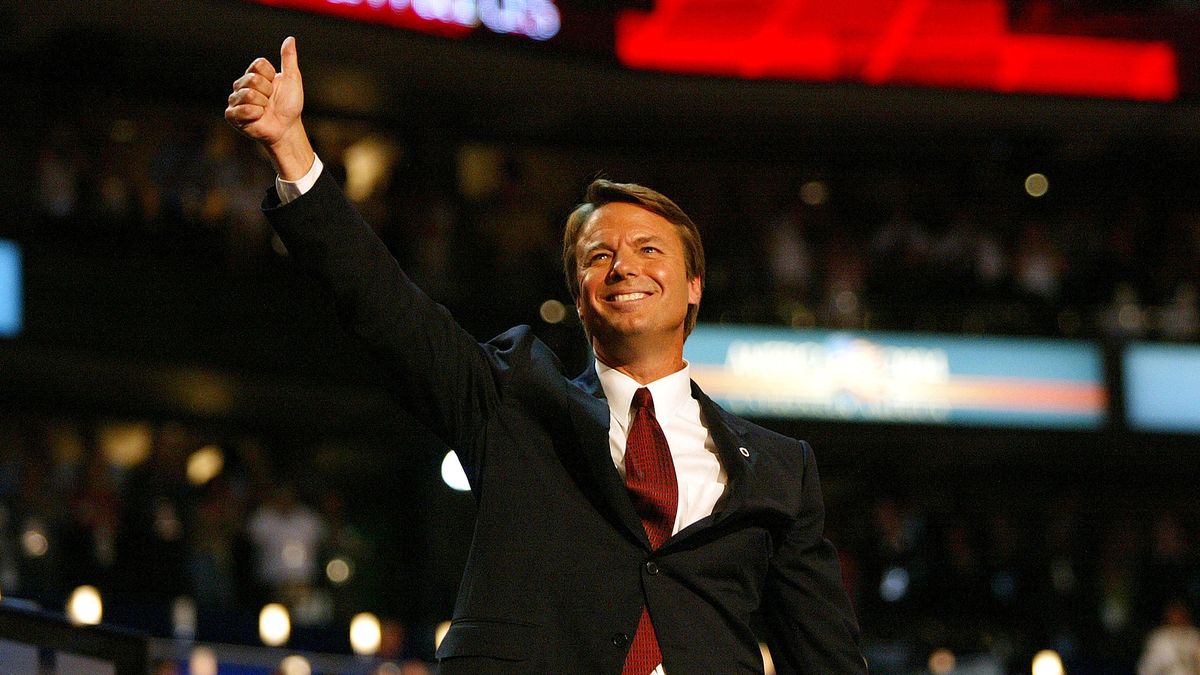
While the White House remains the ultimate destination for American politicians, some eye the midterms as a chance to make a splash and set the table for a bigger prize. Here are eight who rose to prominence in the years between presidential elections.
Abraham Lincoln – 1858
Although Abraham Lincoln’s bid for a U.S. Senate seat from Illinois in 1858 doesn’t fit the mold of a modern midterm race — state legislatures, not voters, elected their senators until 1913 — it nevertheless provided a national platform for Honest Abe to propel himself into history. A member of the nascent Republican Party, Lincoln celebrated his nomination with his “House Divided” speech, which, while famous today, generated controversy for implying that armed conflict was necessary to resolve the issue of slavery. Lincoln later toured the state for a highly publicized series of debates with Democrat Stephen Douglas, arguing against the expansion of slavery into the territories. Although he ultimately lost the race, Lincoln’s performance in the debates showcased him as a man of strong ideas and moral conviction, helping him claim the presidency of the fracturing nation two years later.
Theodore Roosevelt – 1898
By the summer of 1898, few men in America were more admired than Teddy Roosevelt. The former assistant secretary of the Navy had resigned his post to fight in the Spanish-American War and his Rough Riders led the charge to victory at the decisive Battle of San Juan Hill. New York Republican Party bosses figured he was the man needed to replace unpopular Governor Frank S. Black, and that autumn T.R. was on the campaign trail, accompanied by military comrades to sing his praises. While Roosevelt’s election day victory over Brooklyn Supreme Court Justice Augustus Van Wyck was a narrow one, Republican bigwigs quickly learned that the new governor had claimed a mandate to chart his own course. As such, they devised to get him on the ticket as William McKinley’s running mate in the 1900 presidential election, setting him on course for the presidency when McKinley was assassinated less than a year later.
Woodrow Wilson – 1910
Although he hailed from academia instead of Rough Riding, Woodrow Wilson’s path to party stardom followed a similar route to Roosevelt’s. The then-president of Princeton University, Wilson was tapped by New Jersey Democratic kingmakers in 1910 as an upstanding choice to field their nomination for governor. Wilson easily held off state Commissioner of Banking and Insurance Vivian M. Lewis in the election and then spurned the bosses who supported his candidacy, cementing his popularity through the passage of campaign finance reform legislation and a workers’ compensation system. Riding high on the progressive wave, Wilson outlasted House Speaker Champ Clark for the Democratic presidential nomination in 1912 and took advantage of a divided Republican base to cap his quick ascent to the nation’s highest office.
Franklin Roosevelt – 1930
While Franklin Roosevelt first became New York governor in 1928, it was his landslide reelection during the 1930 midterms that placed him squarely on the map as a top presidential candidate. The game-changer, of course, was the onset of the Great Depression. Having already fought for cheap electricity and tax relief for farmers, FDR was in prime position to declare himself a man of action and attack the Republican leadership at the helm when the storm hit. After dispatching U.S. Attorney Charles H. Tuttle to retain office, Roosevelt made good on his pledge to help the jobless by establishing the Temporary Emergency Relief Administration. His accomplishments and inspiring outlook allowed him to easily defeat embattled President Herbert Hoover in the 1932 presidential race, setting the table for the New Deal that would reshape the country and electoral politics for decades to come.
Ronald Reagan – 1966
A former Democrat and president of the Screen Actors Guild, Ronald Reagan successfully rebranded himself as a staunch conservative as his Hollywood career trickled to a close. The turnabout was so convincing that by the time Reagan announced he was running for California governor in 1966, both his primary opponent, George Christopher, and the Democratic incumbent, Pat Brown, were harping on his ties to far-right groups like the John Birch Society. But the extremist charges never really gained traction with voters, who liked the telegenic Reagan and his promises to restore law and order following the 1965 Watts riots and protests on the Cal-Berkeley campus. Swept to a landslide victory by energized Republicans, Reagan became the darling of the New Conservative movement, though his rise to the pinnacle of politics would have to wait until the 1980 presidential election.
Newt Gingrich – 1994
With his defeat of Georgia State Senator Virginia Shapard in 1978, Newt Gingrich was able to move on from a stalled career as a West Georgia College geography professor and claim a spot in Congress. Of course, this isn’t the midterm to which he will forever be linked; that came in 1994 when the conservative firebrand offered his highly publicized “Contract with America” to reduce taxes, balance the budget and reaffirm family values. The GOP handed President Bill Clinton and the Democrats a shellacking that fall, and, his long-awaited House speakership in hand, Gingrich pushed most of his proposed legislation through the chamber within the first 100 days. But his constant full-court press wore down voters and allies alike, with Republicans shouldering the blame for a pair of government shutdowns in late 1995. Hampered by ethics violations, Gingrich announced he was leaving the House shortly after his party’s disappointing showing in the 1998 midterms.
John Edwards – 1998
By 1998, Democrats seemingly had their next young superstar in North Carolina’s John Edwards. The first member of his family to go to college, Edwards had built a reputation as a lawyer willing to take on corporate giants, and with his sad backstory of a son lost to a car accident, he came across as an everyman who’d endured some hard knocks in life. His populist campaign for the Senate was enough to knock off conservative incumbent Lauch Faircloth, and Edwards later revived the theme on a national level, making a strong presidential bid that culminated with a close loss as John Kerry’s running mate in 2004. Four years later it all came crashing down when Edwards admitted to an extramarital affair with a campaign video director, his separation from his cancer-stricken wife and investigations into campaign finance violations completing his stunning turn from presidential hopeful into a political pariah.
Marco Rubio – 2010
Coming off a stint as the first Cuban-American speaker in the Florida House of Representatives, in 2010, Marco Rubio boasted a resume that had Republican supporters salivating. His presence in the Senate race prompted Florida governor and presumed party frontrunner Charlie Crist to run as an independent, and following a successful campaign in which he appealed to both Tea Party insurgents and moderates, the 39-year-old headlined a flood of Republican newcomers determined to get their licks in against President Barack Obama. But Rubio found legislating a tricky affair amid the increasingly hardline forces of his party, and he took a hit after flip-flopping on a 2013 bipartisan immigration reform bill that died in the House. He also found that political winds can change quickly, with his first attempt to run for president in 2016 derailed by a new wave of insurgency that carried Donald Trump to an unlikely victory.
Thank you for reading this post Politicians Who Made Their Mark During Midterm Elections at Thptlaihoa.edu.vn You can comment, see more related articles below and hope to help you with interesting information.
Related Search:

